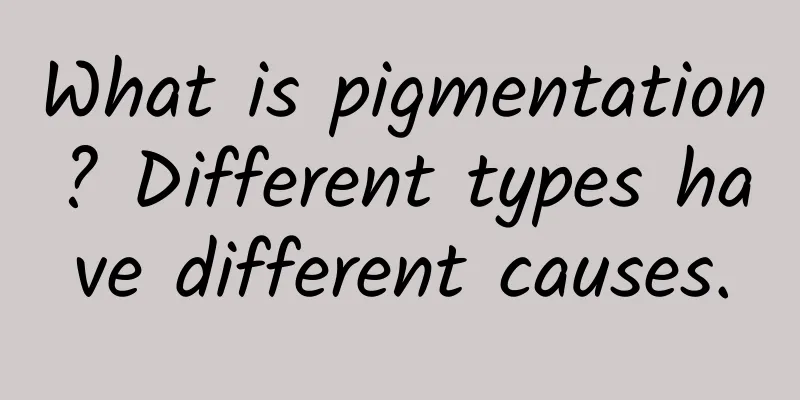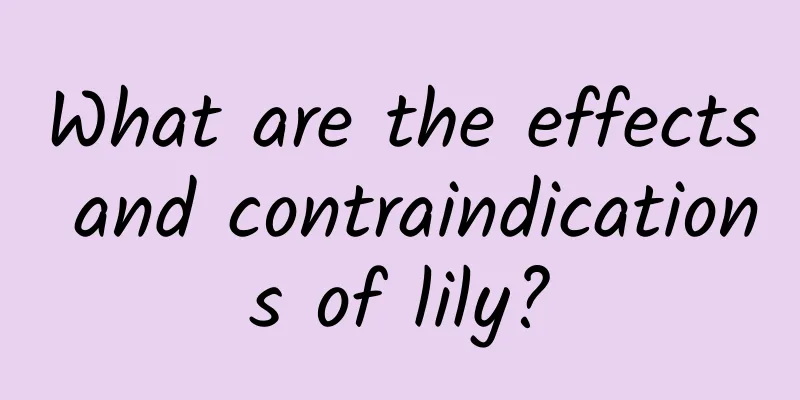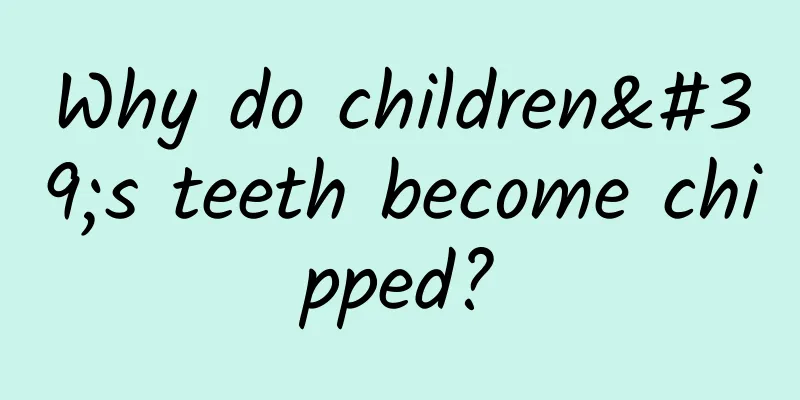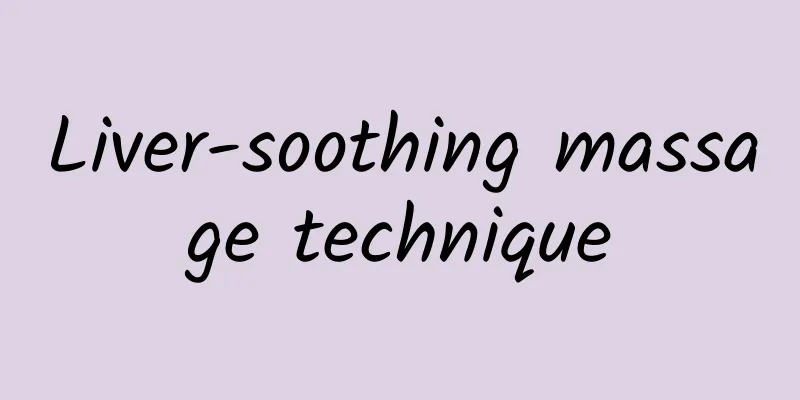Side effects of general anesthesia for children

|
Children may need surgery to treat certain diseases. There are many types of surgeries. Major surgeries require general anesthesia. During the operation, there may be certain side effects on the child, but this is also a last resort. It may have a certain impact on the child's nervous system, but this impact is relatively limited. Parents and ordinary people often have such a misunderstanding that anesthesia will affect the child's intelligence, but at present, this impact is very limited. Side effects of general anesthesia for children Pediatric anesthesia does have certain risks, but anesthetic drugs only temporarily affect the child's nerves, and the nervous system function will return to normal after anesthesia. At present, there is no organization or data in the world to show that under normal anesthesia operations, a child's intelligence is directly related to anesthesia. There is no direct relationship between children's intelligence and anesthesia The most basic anesthesia for children can be said to be: sleep + pain relief = anesthesia. Sleep is very important for pediatric surgery because children have a strong fear of surgery and find it difficult to tolerate pain and the discomfort caused by the fixed posture during the operation. Therefore, they need to be given sufficient sleeping pills. Commonly used drugs such as diazepam and midazolam have been clinically used for a long time and have been proven to have no major side effects and can wake up naturally. Commonly used analgesics for children include local anesthetics, central analgesics and inhaled anesthetics. The central analgesics and inhaled anesthetics currently used in clinical practice are all effective by subcutaneous injection or by entering the blood through lung breathing. This method has a transient effect on the brain, that is, it produces an analgesic effect when the concentration in the blood reaches a certain amount. When the drug is metabolized and transformed, the concentration in the blood decreases, the analgesic effect is reduced, and the anesthesia becomes lighter. When the drug is about to be completely excreted, the child will wake up. As long as the supply of inhaled anesthetics is reduced, the drugs are quickly excreted from the exhaled gas, and the child wakes up as the anesthesia becomes lighter. Children may experience confusion and drowsiness during the process of waking up from anesthesia, but it is normal for them to respond when called. Therefore, we say that anesthetic drugs only have a temporary effect on the child's nerves, and the nervous system function will return to normal after anesthesia. At present, there is no organization or data in the world to show that under normal anesthesia operations, a child's intelligence is directly related to anesthesia. Of course, there is currently no evidence that anesthetics have no effect on children's nervous system. |
<<: What is the reason for children to drool a lot?
>>: Why does the child keep sleeping?
Recommend
Will taking Chinese medicine cause acne?
Will taking Chinese medicine cause acne? Many peo...
What essential oils can help you sleep better?
Nowadays, people's sleep quality is getting w...
Treatment of otitis externa
The ears are a relatively fragile part of the bod...
What to do if you have pharyngitis during early pregnancy
Women are at their most vulnerable when they are ...
Postoperative care after lumbar puncture
Lumbar puncture is a commonly used examination me...
What causes thrush?
There are many causes of oral thrush, but the mos...
Is it normal to have menstruation just after one month of drinking?
It is normal to have your period just one month a...
Pain at the junction of the jaw and neck
There are actually many lymphatic systems in our ...
What medicine should I take when I feel weak and tired all over?
It is a terrible thing if a person has no strengt...
How to relieve kidney stone pain
The structure of the urinary system in the human ...
Do you know about the liver function items in the pre-employment physical examination?
The pre-employment physical examination is a phys...
What are the benefits of lifting your feet?
Chinese medicine is a 5,000-year-old tradition of...
What should I do if I have constipation due to excessive dampness?
Dampness is a problem that will occur in everyone...
Will bronchitis heal on its own?
Bronchitis refers to inflammation of the trachea ...
Maca side effects and contraindications
Although the traditional Chinese medicine Maca ca...









